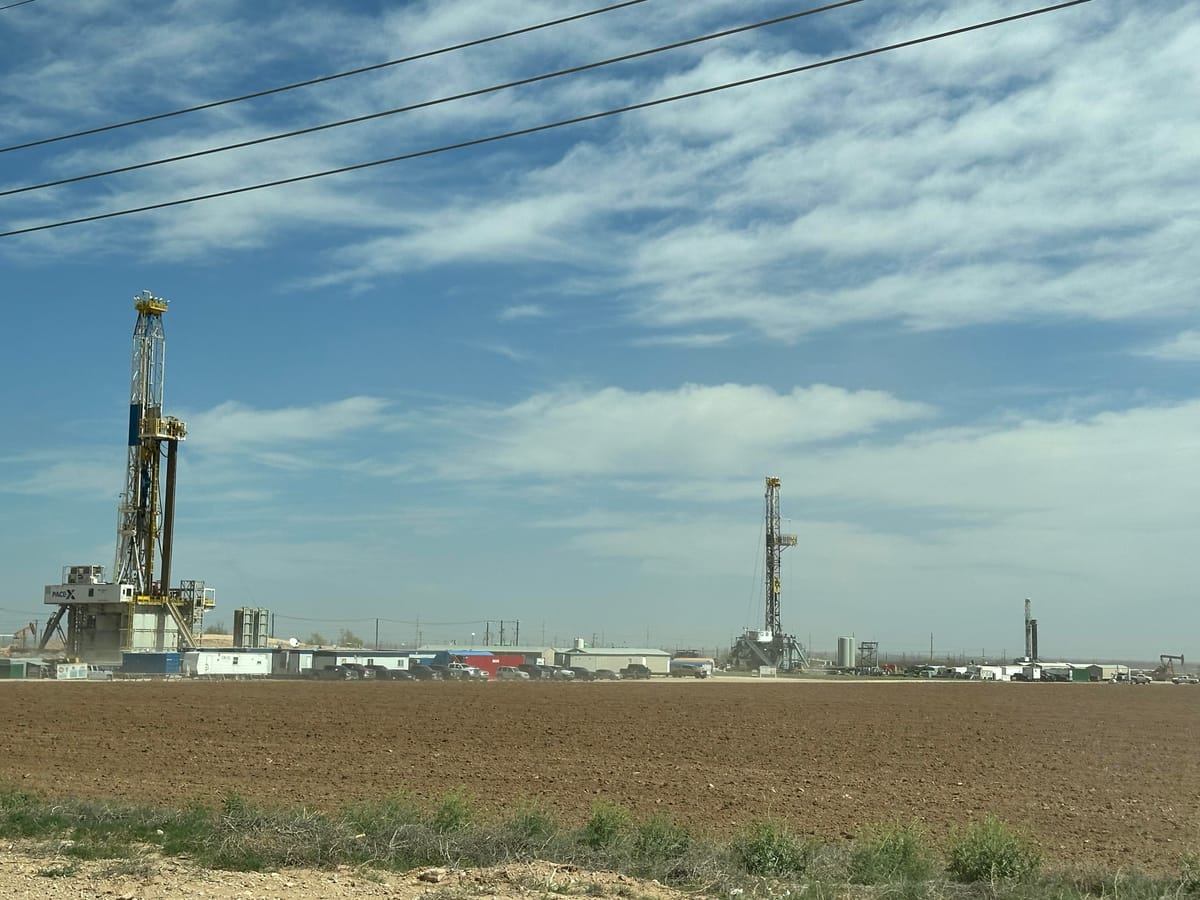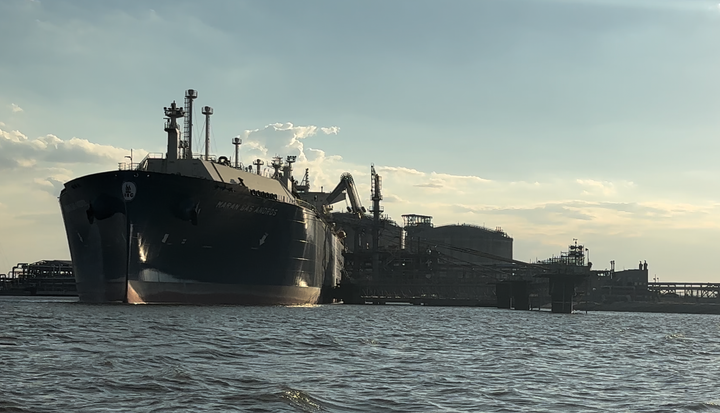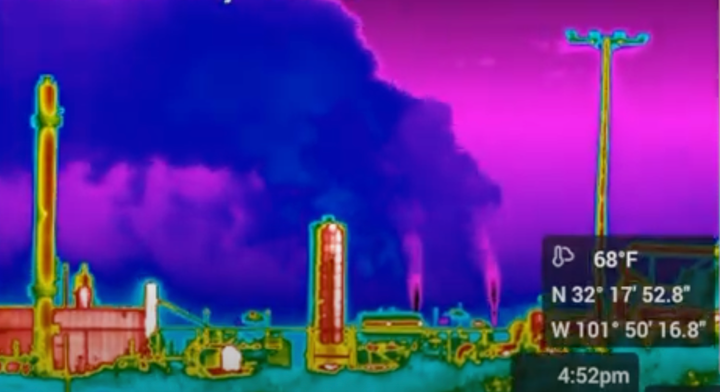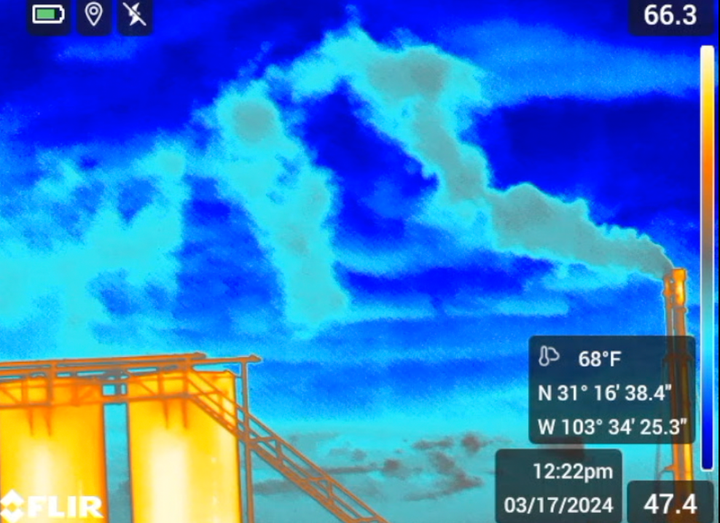New Paper Confirms Much Higher Methane Emissions From U.S. Oil Production

Yesterday I toured oil production sides in the Permian region of Texas with Sharon Wilson and Miguel Escoto from Oilfield Witness. For years, Sharon has been using her FLIR camera to make the invisible methane emissions from oil production visible and educating us all on how it is impossible for the oil industry to not emit methane after they drill holes in the ground to pump out fracked shale oil and a lot of associated gas (methane). But that gas is worth almost nothing in the Permian so there is no financial incentive for the oil industry to care.

Yesterday the journal Nature published a new paper on methane emissions which concludes that methane emissions from oil production in the U.S. are much worse than previously reported. Dr. Robert Howarth of Cornell University has been warning us about methane emissions from oil production for years and yesterday he posted the following comment on Blue Sky about that paper and his work.
"I am revising my LNG lifecycle paper using this new estimate, 4.6% emissions (not including urban/surburban distribution systems) for the best studied major US shale gas fields. I had used a 2.6% value in my submitted paper on LNG. Shale gas and LNG are really bad for climate."
LNG is liquefied natural gas which is methane.

Last month I wrote an article criticizing efforts in the media which repeated attacks on Howarth's work that suggested he was assuming higher rates of methane leakage to make liquefied natural gas look worse than it was as a contributor to climate change.
"So what is Howarth’s assumption on methane leakage rates? 2.6%. As we get more real data from satellites and other forms of methane monitoring, and as we see in the studies mentioned above, it is highly likely that Howarth’s assumptions are far too conservative."
Sadly, I was right. I hope we see corrections and updates from the publications that wrote things like, "Howarth’s past research has gotten criticism from other climate scientists for using some idiosyncratic assumptions that yield more dramatic results.” The people who read those articles were justified in thinking that Howarth may just be some idiosyncratic professor making assumptions and thus they really didn't have to worry about LNG as it relates to the climate.
They do have to worry about LNG. It should be one of our top concerns. We are facing a global methane emergency. Methane makes the earth hotter and is a major contributor to the warming of the planet. Last month was the warmest February on record for the planet. The ninth straight month we have seen new monthly global temperature records.
Meanwhile the oil industry has been peddling lies and promising to volunteer to do better. And regulators have basically relied on those promises as you can learn on the website of the Environmental Protection Agency. “Since 1993, EPA has partnered with oil and natural gas operators to encourage the identification and implementation of technologies and practices to reduce methane emissions from the oil and gas sector.”

So what are these “partners” doing now that the EPA has finally proposed regulations to attempt to limit methane? Here in Texas they are suing the EPA.
“The state of Texas on Friday sued the Biden administration over an Environmental Protection Agency (EPA) rule restricting methane emissions finalized earlier Friday morning.”
People like Sharon Wilson and Bob Howarth have been warning us for years about the methane issues in the oil and gas industry.
Can you hear them now?



Comments ()